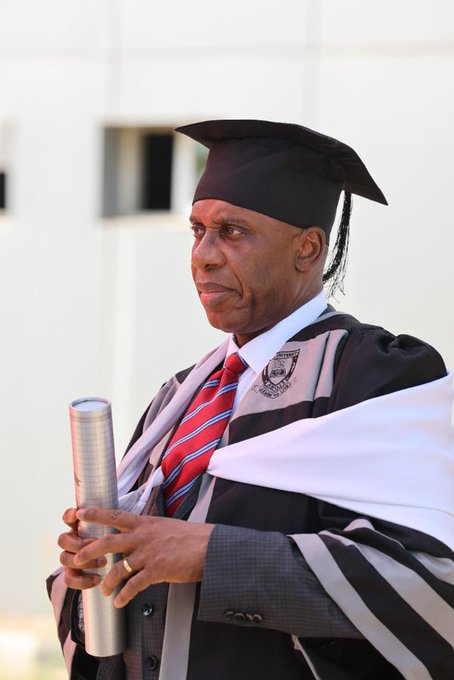In a revealing statement, former Minister of Transportation and prominent member of the All Progressives Congress (APC), Rotimi Amaechi, has admitted to paying women to stage protests against the government of former President Goodluck Jonathan. The confession, made at a national conference on strengthening democracy organized by the African Centre for Leadership, Strategy, and Development, has sent shockwaves through Nigerian political circles.
Amaechi’s bold comments underscore the deeply entrenched culture of political manipulation in Nigeria, with the politician accusing Nigerian voters of being easily swayed by financial incentives and empty promises. The former minister, who was one of the founding members of the APC, expressed grave concerns about the current political system and its potential for change, particularly under President Bola Tinubu’s administration.
“Politicians are manipulative, and the Nigerian electorate is often complicit in this manipulation,” Amaechi said during his address. “We have sweet mouths; we repeat the same things every day. Tomorrow, they will call you in Lagos, and you will go. Somebody told me in Lagos, ‘Mr. Amaechi, these people that gathered here, we called them, gave them transport money, and they came. If tomorrow Tinubu does the same, they will also come.’”
His comments appear to lay bare a grim reality of Nigerian politics—one in which citizens are treated as pawns in the power struggle. Amaechi, reflecting on the early days of the APC, recalled how party leaders resorted to paying citizens to protest against the ruling Peoples Democratic Party (PDP), which was in power at the time.
“When APC was registered, I feared they might rig us out,” Amaechi revealed. “So, we agreed to organise a demonstration at Eagle Square. We paid people to bring women and others. When I arrived early to assess the situation, I was shocked to see that the women we brought were wearing ‘Jonathan for President’ shirts.”
Amaechi’s revelation paints a disturbing picture of the lengths to which political figures go to control public opinion. The former minister was quick to point out the hypocrisy of such actions, calling it “typical Nigerians,” who he claims are too easily manipulated by politicians. “All we have here is typical Nigerians, typical Nigerians, and you are clapping. That’s why politicians get away with everything—get away with murder—because you have short memory,” he stated.
He also warned that if Nigerians were expecting significant changes from the political elite, they were in for a disappointment. “Nobody has power that will give it to you, not even me. Expecting any politician to voluntarily relinquish power is a pipe dream,” he added.
Amaechi’s remarks come at a time when there are widespread calls for political reforms and a re-evaluation of Nigeria’s democratic processes. Many Nigerians are disillusioned by the system, with some even questioning the legitimacy of the 2023 presidential election, which saw Tinubu ascend to power.
However, Amaechi dismissed such hopes, warning that those advocating for change were naive. He claimed that Nigerian politicians, including Tinubu, were more focused on preserving their grip on power through manipulation and violence than on ensuring fair governance.
“The political elite, they are not interested in fair governance,” Amaechi stated. “They are only interested in maintaining their hold on power. If you think that Tinubu or anyone else is going to step down voluntarily, you are wasting your time. You can complain all you want, but none of you here seated can defend the votes.”
His comments raise serious questions about the future of Nigeria’s democracy. In a country where politicians often resort to questionable tactics to maintain power, the hope for a more transparent and accountable political system seems increasingly distant.
Despite the challenges, Amaechi remains a prominent figure within the APC and continues to exert influence on the party’s direction. However, his admissions cast a shadow over the party’s claims of championing change and fighting corruption.

